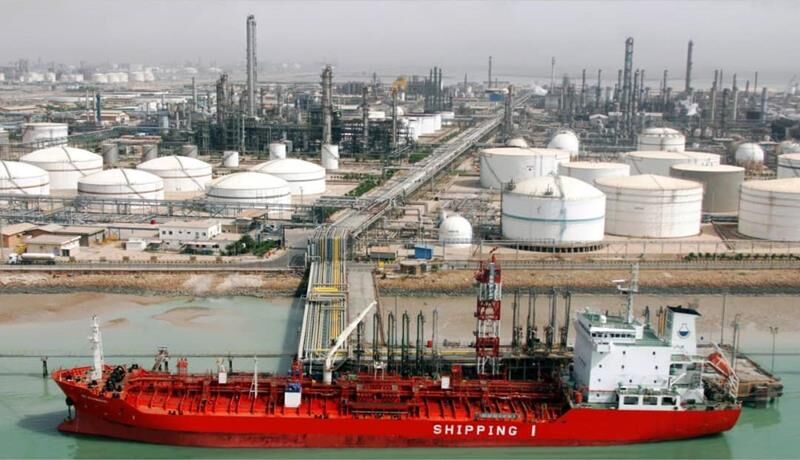Hassan Abbaszadeh made the remarks on Wednesday during a meeting with petrochemical holding company executives and representatives of the Petrochemical Employers Association. He extended condolences for the incident at Shahid Rajaei Port and honored Labor Day, emphasizing the need for strict adherence to health, safety, and environmental (HSE) protocols in the petrochemical industry, particularly at terminals and storage facilities.
Abbaszadeh noted that a comprehensive safety plan for petrochemical terminals and storage facilities is being implemented, urging companies—especially those in Asaluyeh and Mahshahr—to minimize product dwell time at docks. Following a recent inspection of petrochemical terminals in Asaluyeh, measures were taken to allocate land and establish emergency evacuation protocols to support operations at Shahid Rajaee Port.
The deputy oil minister stressed that, in addition to NPC, petrochemical holdings and companies must provide necessary support for terminals and storage facilities. He highlighted that effective collaboration with holdings has led to significant achievements across sectors, fostering industry-wide synergy and progress.
105 Million-Ton Nominal Capacity
Abbaszadeh stated that Iran’s petrochemical industry is on a growth trajectory, with production capacity reaching about 97 million tons in 1403. Last year, 75.2 million tons of petrochemical products were produced and supplied to domestic and international markets. Exports totaled 29.2 million tons ($13 billion), while domestic sales reached 13.1 million tons ($11 billion).
He added that 8.5 million tons of new petrochemical projects are set to come online this year, boosting nominal capacity to 105 million tons and actual production to 83.5 million tons. For 1404, exports are projected at 34.8 million tons ($13.6 billion), with domestic sales estimated at 16.1 million tons (over $10 billion).
First-Time Production of 3 Products
Abbaszadeh outlined key features of this year’s projects, including a focus on non-gas feedstocks—with only one project relying on natural gas—and the debut of three new domestically manufactured products. Additionally, 10 million cubic meters of flare gas will be repurposed as feedstock.
He said long-term sales contracts between petrochemical producers and customers are being finalized, though not all products will be covered. A dedicated secretariat at NPC will oversee the process per the First Vice President’s directive.
Efforts are underway to boost feedstock supply by recovering flare gas from oil fields and petrochemical sites. This year, the industry requires 51 million cubic meters of natural gas as feedstock and 63 million cubic meters as fuel.
Abbaszadeh also emphasized energy efficiency and corporate social responsibility, urging holdings and companies to fulfill commitments with support from strategic councils. He called for cooperation in organizing executive processes and nominating representatives for the Petrochemical Industry Excellence Award secretariat.


Your Comment